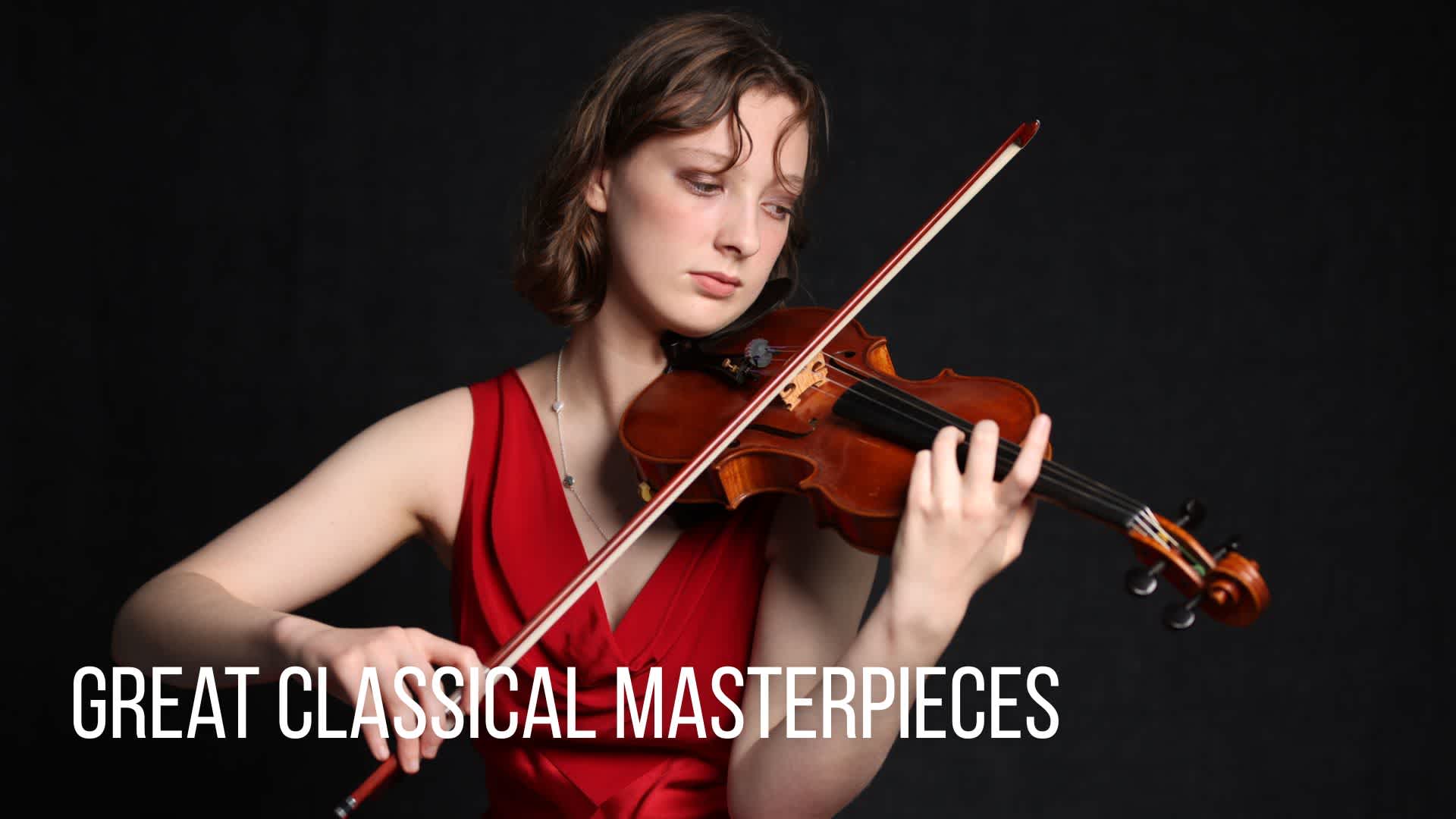Saturday, March 21st, 2026, 7:30 PMGreat Classical Masterpieces 2026

Tickets: £12.00, students/under 18s £6.00
Ecclesall Parish Church
We are joined by Esme Greenwood as the centrepiece in our Spring concert to play Bruch’s Violin Concerto. From Sheffield, Esme started learning the violin at the age of 6, and is a precocious talent. Currently studying at the Junior Royal Northern College of Music she won her first competition two years ago when aged only 12. Not only a budding soloist, she also enjoys orchestral and chamber music, recently becoming one of the youngest players to be awarded a place in the National Youth Orchestra, which sees her performing in some of the country’s major concert venues including the Barbican, Birmingham Symphony Hall and the Royal Albert Hall.
She’s playing Bruch’s violin concerto which is very popular, having been voted No. 1 in the Classic FM (UK) Hall of Fame on one occasion. They described it as "one of the best works of the Romantic period” so come and listen live to this absolute treat of a piece. You may well ask — what at makes it so popular? To most people the simple answer is “melody” — you can analyse this piece all you want but all those analyses will simply pale at the endless melodies pouring into your ears. In particular listen out for the three luscious and heart-rending melodies in the second movement.
Interestingly there is a rather tragic story behind Bruch’s original score. At the end of World War I, he was destitute, having been unable to enforce the payment of royalties for his other works because of chaotic world-wide economic conditions. So he sent his copy of the score to the Sutro sisters in the USA for them to sell it there and send him the money. Sadly Bruch died without ever receiving any money — the Sutro sisters had kept the score whilst claiming to have sold it and later sent Bruch's family some worthless German paper money as the proceeds of the supposed sale.
This gem is bookended by two majestic works, Beethoven's ‘Egmont’ overture, and Brahms’s second symphony.
For most of our audience, Beethoven’s piece will need little introduction, famous as it is with its impassioned grand themes. Sombre opening chords are followed by lilting melodies in wind and upper strings after which tension builds leading to the incredibly powerful main theme which is initially played by the cellos. And Beethoven has only just started with this piece; we’re just a quarter of the way in!! It’s an amazing piece (I’d happily play it every concert!!) and it's easy to agree with one commentator who wrote "Imagine, if Beethoven had written no symphonies, no concertos, and no other orchestral works. Only this single overture. We would still consider him to be a giant in orchestral music". It will be a delight for listener and player alike and it’s easy to see why it became the unofficial anthem of the 1956 Hungarian revolution.
Then after the interval we have Brahms in a cheery pastoral mood for you with this his second symphony. Odd then that he would write that it is "is so melancholy that you will not be able to bear it. I have never written anything so sad, and the score must come out in mourning.” Whilst the second movement is certainly tender and sad, the other movements are much lighter and tuneful with the final movement becoming an unexpected lively romp after a quiet opening.
There really is so much to enjoy in this concert. The full programme for the evening is:
Beethoven: ‘Egmont’ overture
Bruch: Violin Concerto (soloist: Esme Greenwood)
INTERVAL
Brahms: Symphony No. 2 in D Op.73